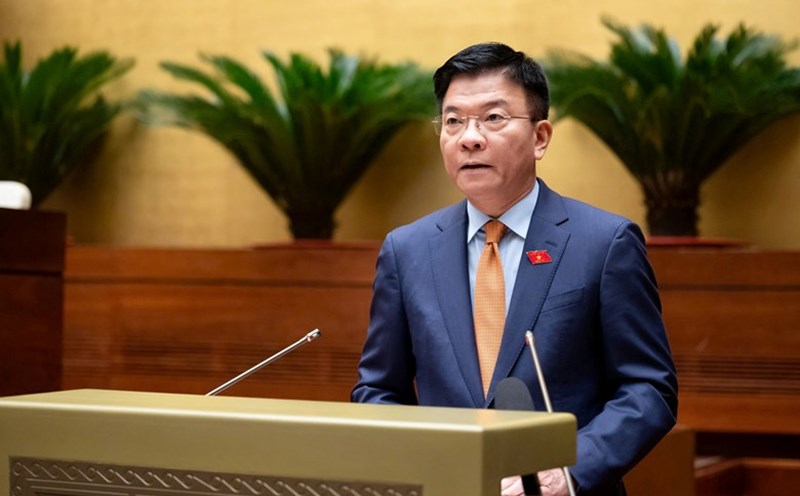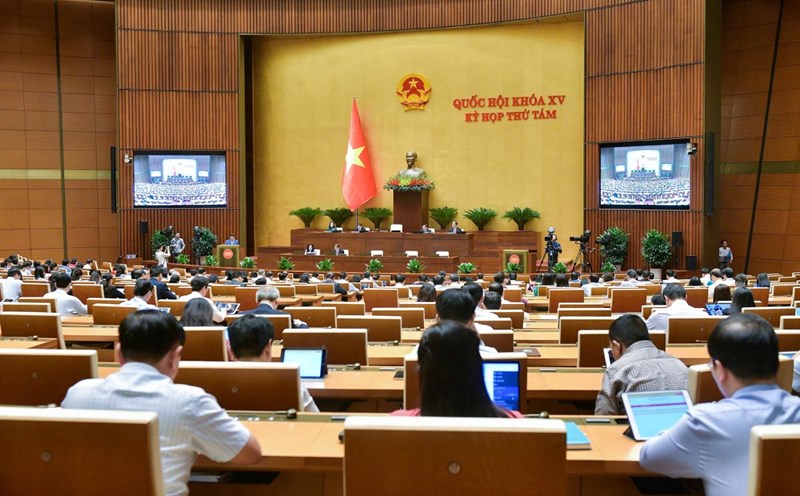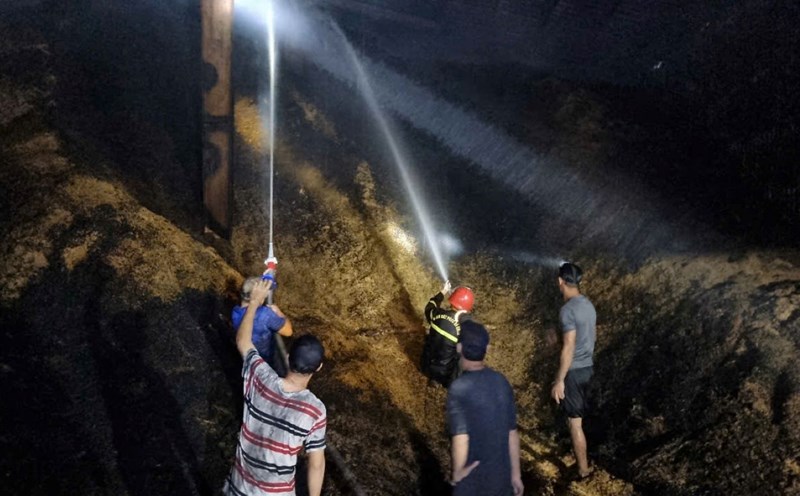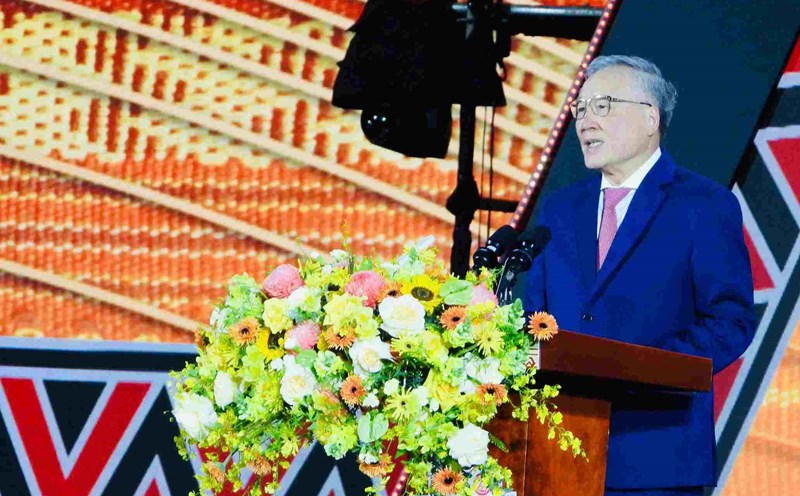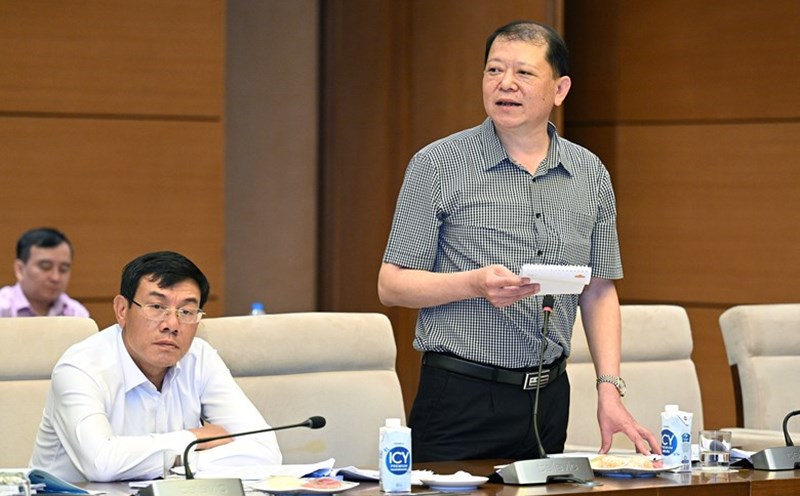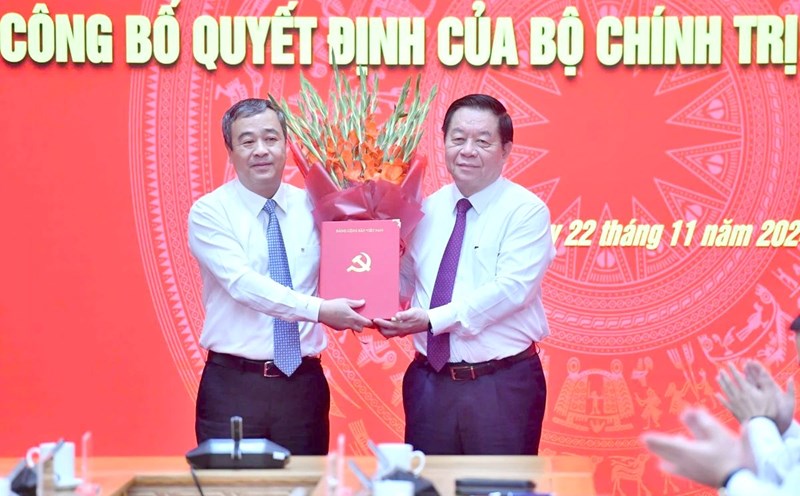This morning (November 22), the National Assembly discussed in groups the draft Law on Corporate Income Tax (amended) and the draft Law on Special Consumption Tax (amended).
Speaking on the draft Law on Corporate Income Tax (amended), National Assembly delegate Tran Hoang Ngan (Ho Chi Minh City Delegation) said that the budget revenue and expenditure situation of our country in recent years has improved a lot. In 2024, the budget revenue estimate is 1,700,000 billion VND but it is estimated to reach 1,873,000 billion VND, exceeding by 10%.
Affirming that this is a good signal, according to the delegate, tax increases must be done with extreme caution. There needs to be harmony between socio-economic development, ensuring social security, and job creation in the problem of increasing revenue.
Regarding the fields of culture and journalism, delegate Tran Hoang Ngan emphasized that these are very important fields in the economy, and there must be more preferential tax policies for these two fields.
According to the delegate, this time there will be a consideration to reduce taxes for the press industry, in which the income of press agencies from print newspaper activities in the regulated industry will be included in the group subject to 10% corporate income tax. Meanwhile, the income of press agencies from activities in industries not related to print newspapers will be taxed at 15%.
Delegate Tran Hoang Ngan said that these two fields should only apply a common rate of 10%. According to Delegate Ngan, there should be more preferential policies for the press. Because the role of the press is extremely important, contributing to the fight against bad, toxic, reactionary, and anti-state information.
The press also contributes to providing good models, positive information and helps prevent corruption, waste and negativity. These tasks have helped increase budget revenue significantly.
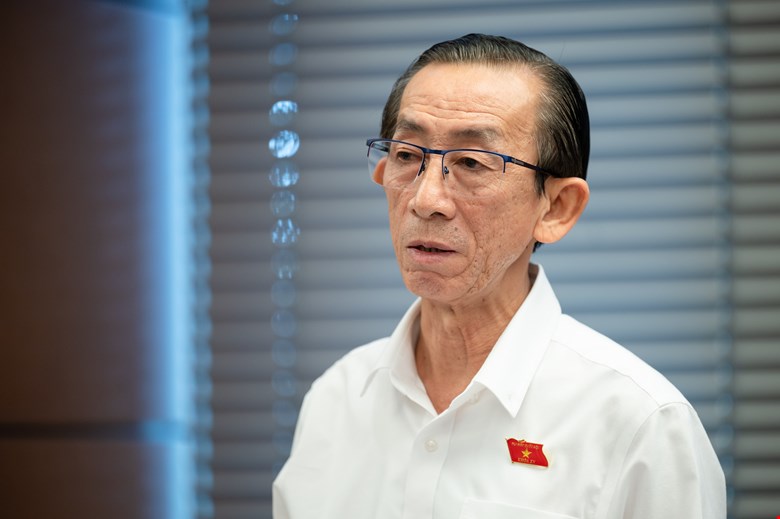
With such views, delegate Tran Hoang Ngan suggested that there should be a special policy to support the press and media sector in the current period. This would help the press to have the conditions to invest in more modern facilities and equipment, because the revenue of press agencies has been declining sharply in recent years, advertising has decreased and it is necessary to increase investment in more modern equipment in the digital society.
Delegates suggested that in the first phase, possibly 5 years, the fields of innovation, digital economy, and journalism should have preferential policies such as exempting corporate income tax in the first phase or at the lowest level to encourage them.
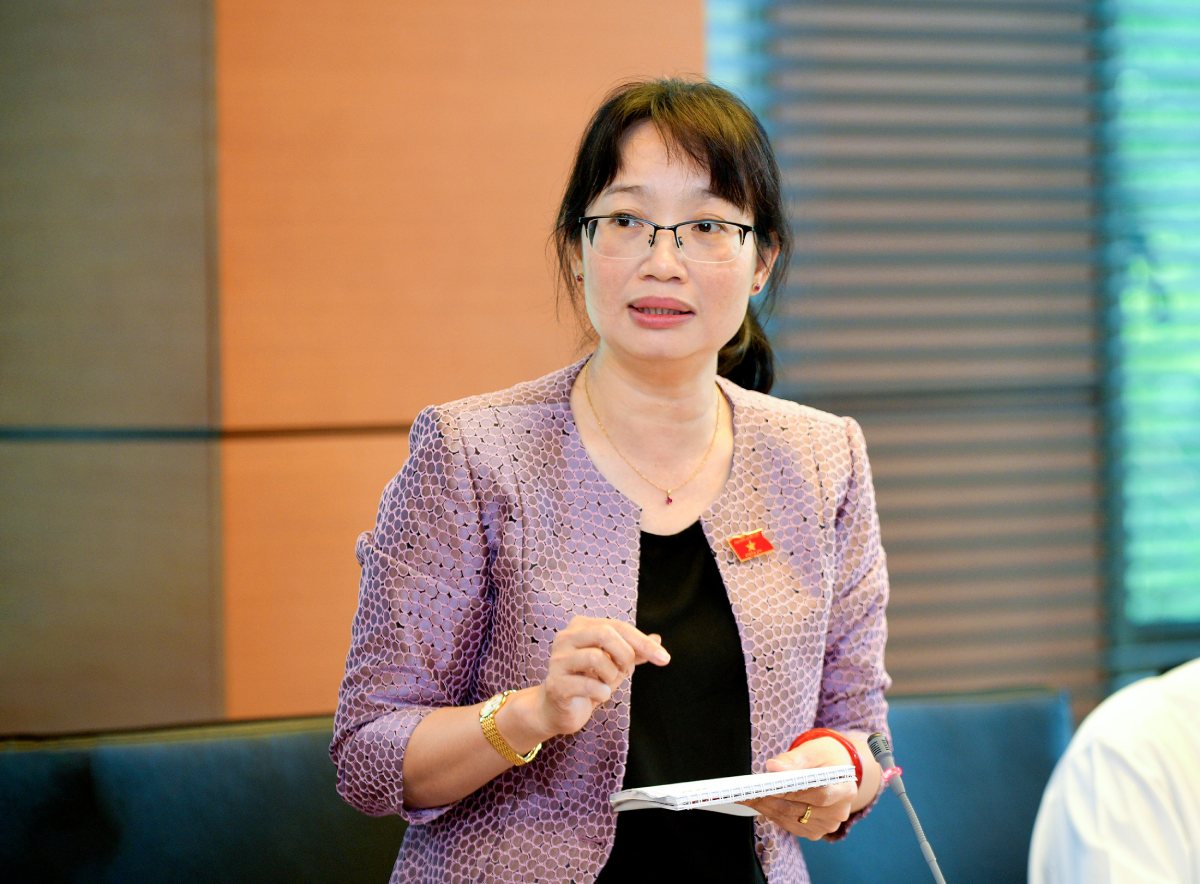
Delegate Tran Thi Dieu Thuy (HCMC delegation) proposed adding tax incentives for the entire press industry, not just print newspapers. In fact, in HCMC, there are a number of press agencies that have been invested in and have been given preferential loans to develop and build high-rise buildings. After that, the press agencies will use that part to serve the print press and operate the editorial office.
With the surplus, the newspaper will use it to rent out and operate the building. These activities will come back to support the newspaper, but the current state of advertising in print and online newspapers cannot support the newspaper in the current self-sufficient conditions.
However, the tax calculation method of tax authorities for building management divides the part of the building serving the press to be preferential, while the part of the building for rent will be calculated according to normal corporate income tax regulations.
From there, the delegates proposed to review these regulations, including business activities to serve the newspaper to enjoy incentives, not separate building business and rental activities.
"This should be seen as an opportunity to serve information, communication, propaganda and press development activities," the delegate emphasized.

